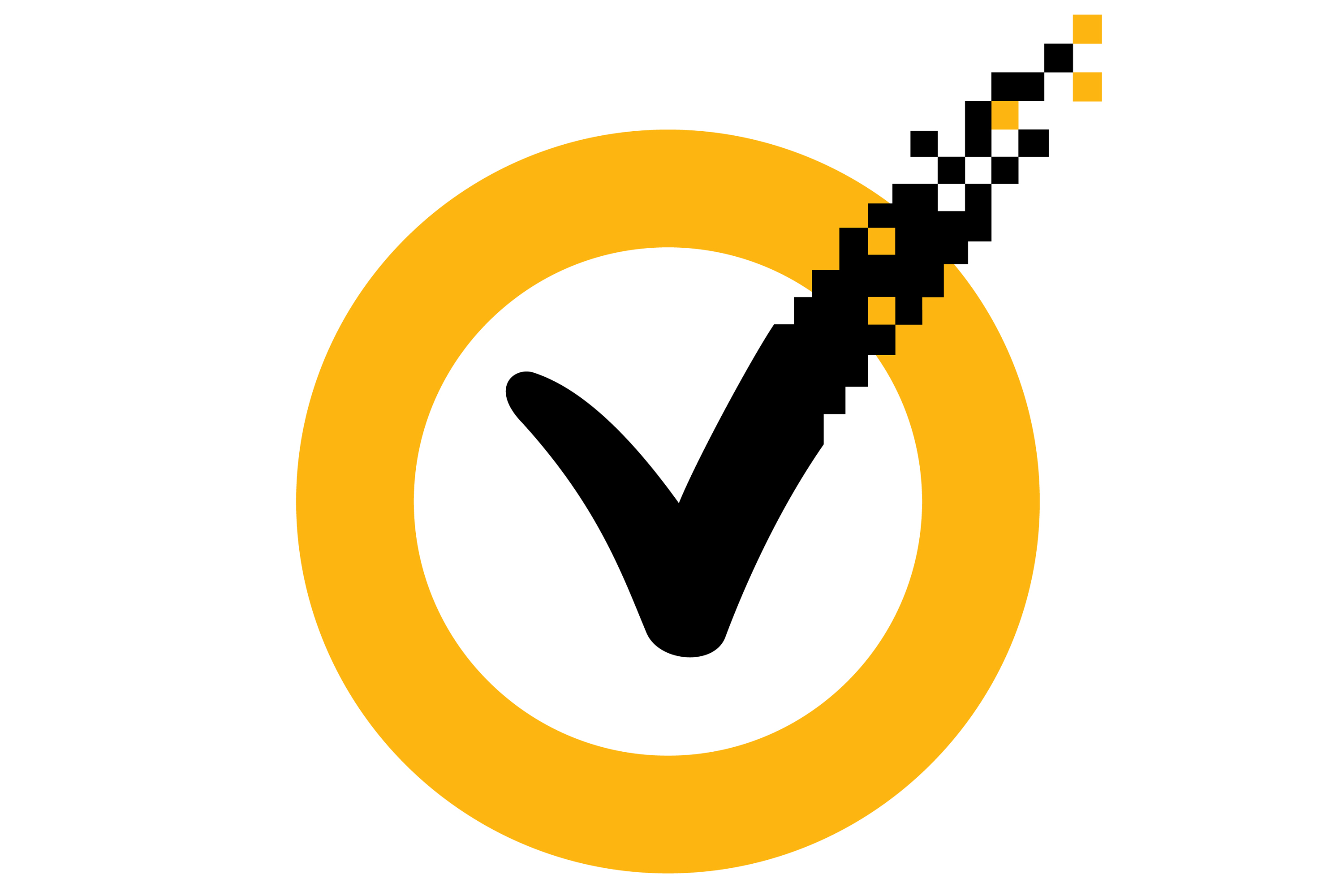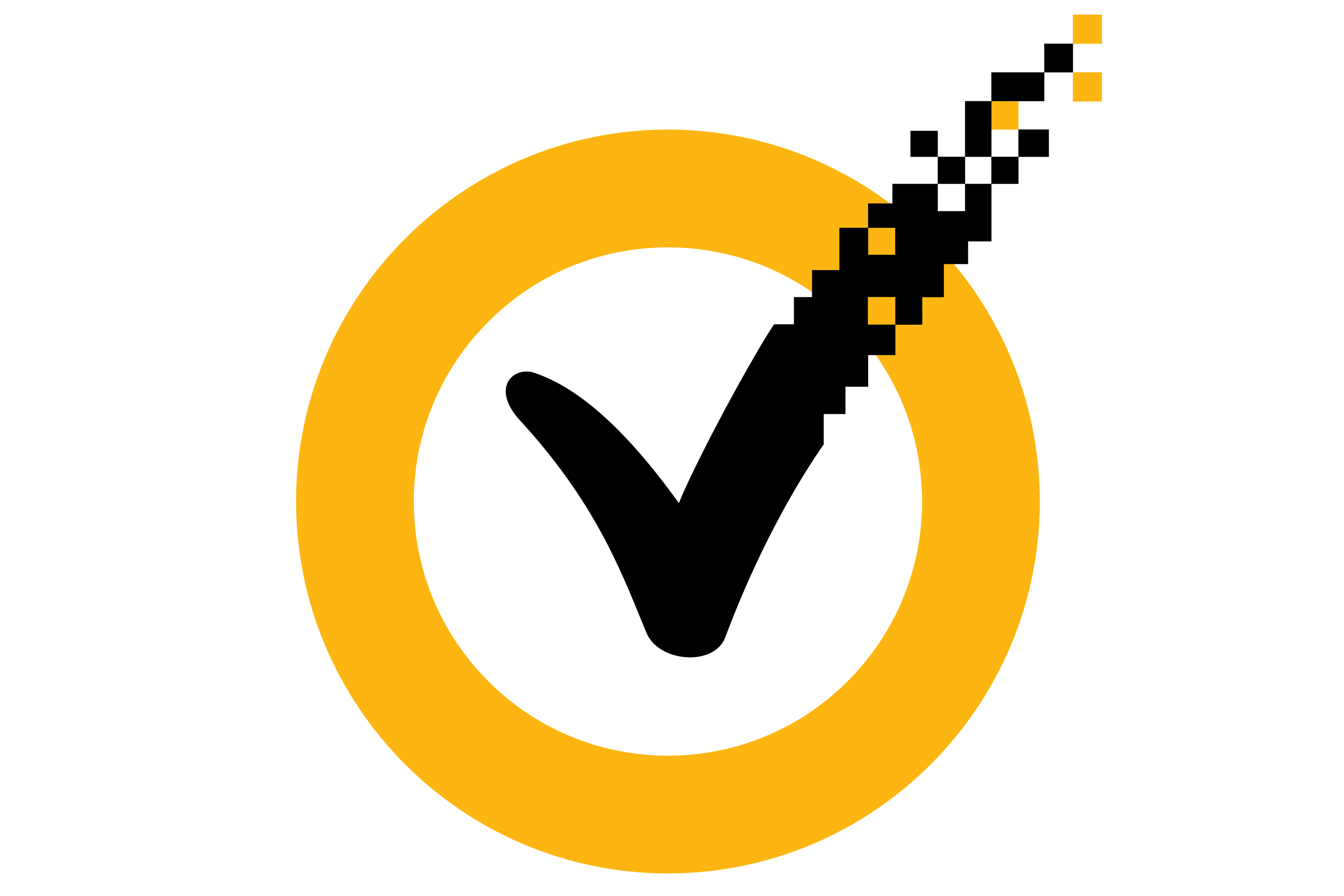Symantec Hosted Endpoint Protection launched in UK
Symantec's Hosted Endpoint Protection product has been launched in the UK, specifically targeting smaller businesses.


Symantec has launched its software-as-a-service (SaaS) Hosted Endpoint Protection service across the world, having previously sold it as a US-only solution.
Targeting small and medium-sized businesses (SMBs), Symantec said it will help those firms seeking to protect their IT systems without having to purchase extra hardware or software.
The SaaS solution automatically updates systems so workers' Windows-based computers are kept in line with their company's policies, even when employees are not connected to their corporate network.
Administrators can manage the service over a supported web browser and they will not need to be logged into the company's network to manage each worker computer.
Symantec Hosted Endpoint Protection also comes with advanced anti-virus, anti-spyware, firewall and host intrusion prevention technologies.
"Customers often experience pain when increased IT resources are required to stay abreast of evolving endpoint threats," said Christian Christiansen, vice president of security products and services at IDC.
"To reduce these difficulties, customers want turn-key, endpoint solutions that provide the latest protection levels with easy set up, zero maintenance and automatic upgrades. Security SaaS implementations can fully provide these solutions."
Sign up today and you will receive a free copy of our Future Focus 2025 report - the leading guidance on AI, cybersecurity and other IT challenges as per 700+ senior executives
Symantec has also made improvements to its MessageLabs Hosted Web Security with two new features.
The SmartConnect solution is aimed at businesses with roaming or highly mobile and is able to detect users' geographic location for optimal service performance.
RemoteConnect enforces "web acceptable use policies" specifically for tele-workers or employees at remote offices.
Earlier this week, Symantec announced a new mobile security strategy, designed to target a broader range of businesses.
Tom Brewster is currently an associate editor at Forbes and an award-winning journalist who covers cyber security, surveillance, and privacy. Starting his career at ITPro as a staff writer and working up to a senior staff writer role, Tom has been covering the tech industry for more than ten years and is considered one of the leading journalists in his specialism.
He is a proud alum of the University of Sheffield where he secured an undergraduate degree in English Literature before undertaking a certification from General Assembly in web development.
-
 The UK government is teaming up with Google Cloud to kill public sector legacy tech
The UK government is teaming up with Google Cloud to kill public sector legacy techNews Tech firms have been invited to work with the government to transform public services
-
 26 million CVs were exposed when a recruiting software firm left a misconfigured Azure container open
26 million CVs were exposed when a recruiting software firm left a misconfigured Azure container openNews TalentHook left a misconfigured Azure Blob storage container open, researchers said, leaving jobseekers open to phishing attempts
-
 Symantec 03 cloud security platform launched
Symantec 03 cloud security platform launchedNews The new platform – Symantec O3 – vows to protect cloud apps and infrastructure.
-
 Talking tech and business with James Caan and Symantec
Talking tech and business with James Caan and SymantecIn-depth We chat with former Dragon's Den presenter James Caan and Symantec's small business expert Ross Walker about technology, business and security.
-
 Symantec shifts Backup Exec to the cloud
Symantec shifts Backup Exec to the cloudNews Backup Exec gets new delivery models, with the option to get solutions over the cloud.
-
 Q&A: Barracuda CEO Dean Drako on cloud, the future and more
Q&A: Barracuda CEO Dean Drako on cloud, the future and moreNews We spoke to Barracuda CEO Dean Drako about cloud computing, virtualisation and plans to move his company forward.
-
 Symantec focuses on deduplication with new products
Symantec focuses on deduplication with new productsNews Security firm Symantec has updated its storage software to include all types of deduplication for all sizes of business.
-
 Web 2.0 and virtualisation top poll of IT security priorities
Web 2.0 and virtualisation top poll of IT security prioritiesNews The majority of Black Hat conference attendees point to web services and virtualisation as their key security considerations, along with 'whitelisting' more trusted sites and applications.
